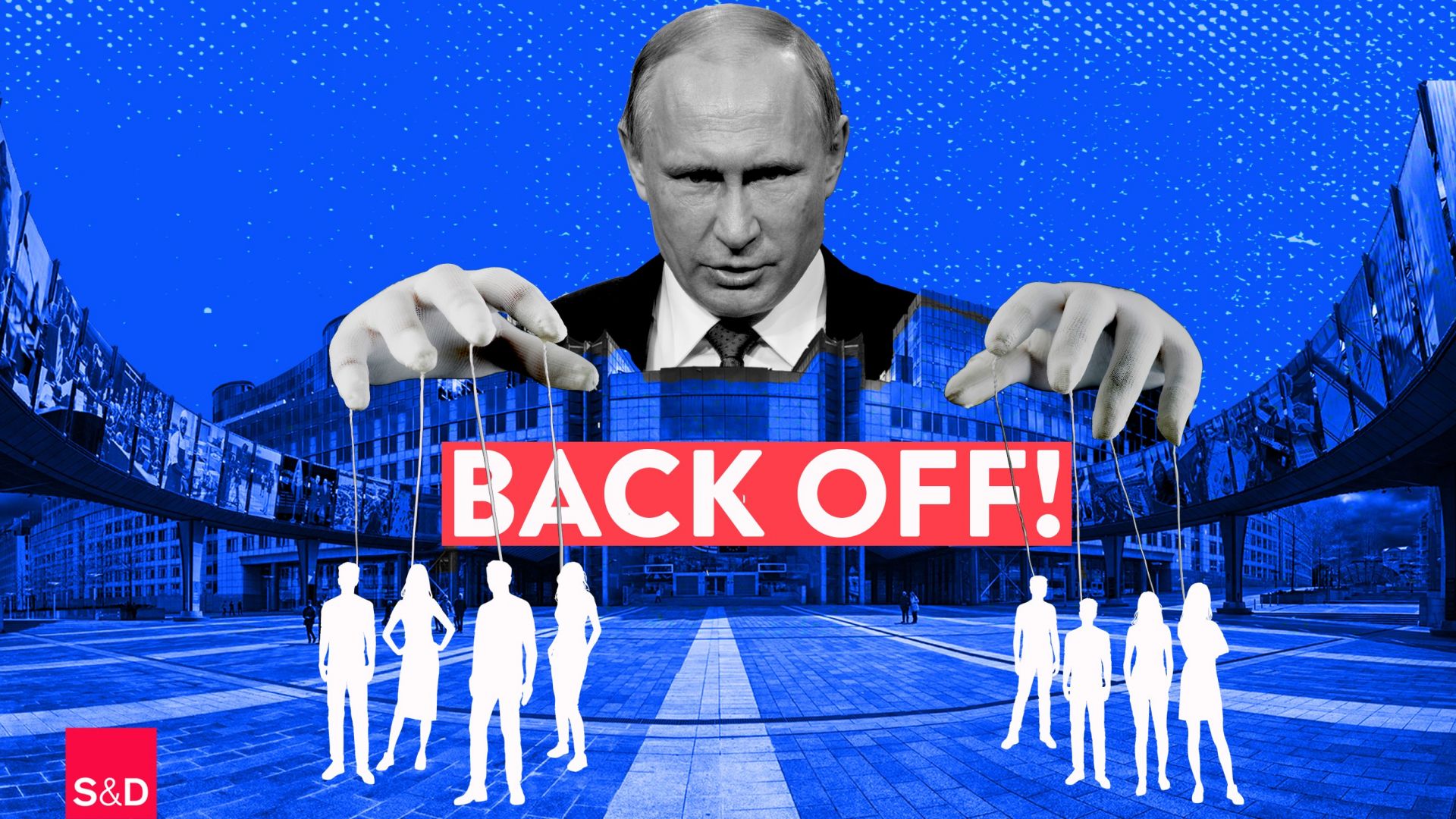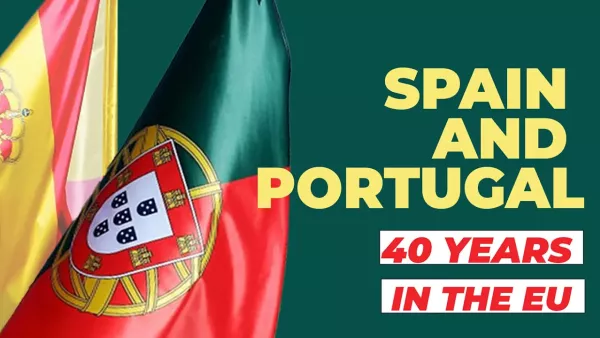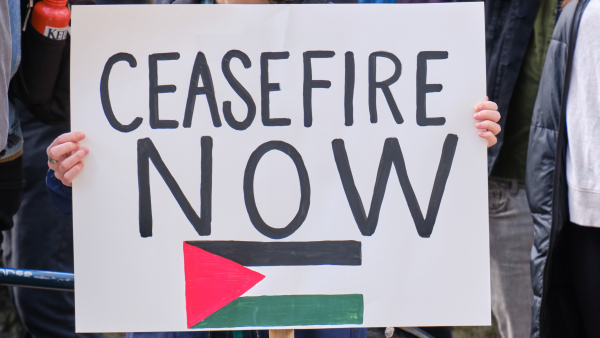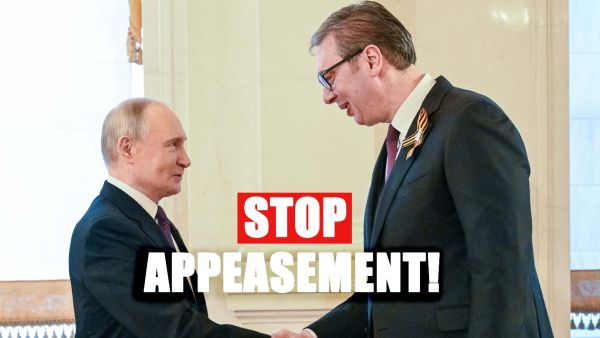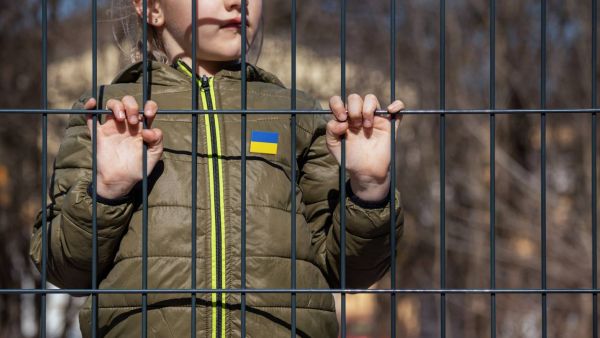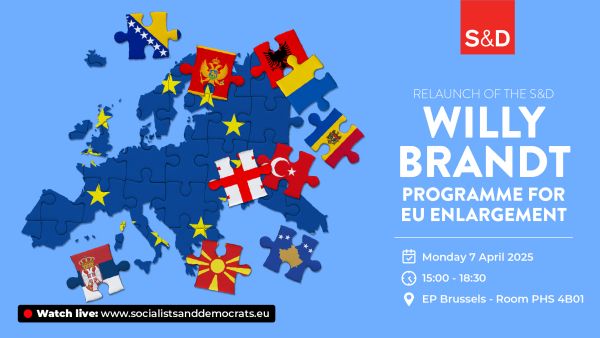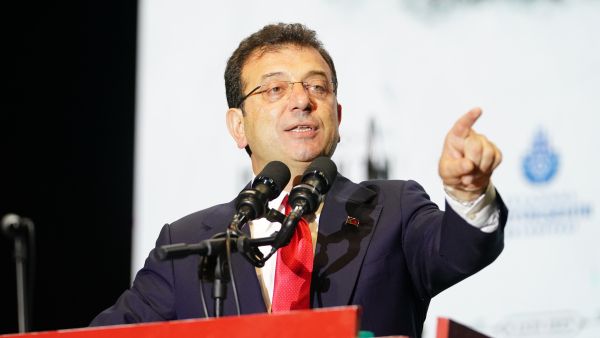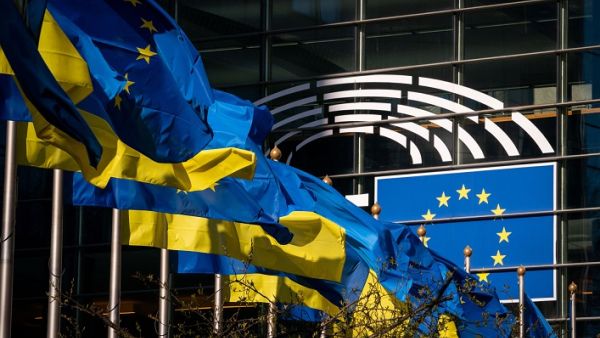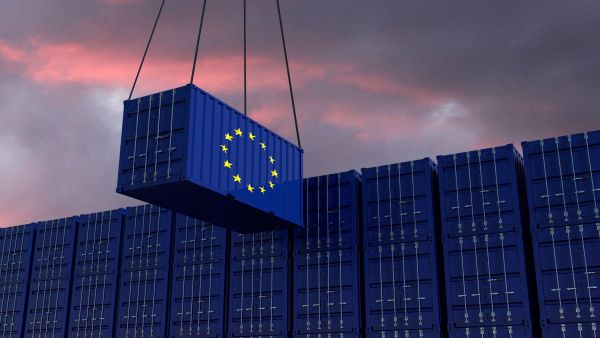On the S&D Group’s initiative, the European Parliament held today a debate exposing the links between the Putin regime, now waging a war against Ukraine, and the extreme-right, populists and separatists’ parties and movements in Europe. While supporting Putin for years, they have been trying to weaken our democracies and divide and destabilise our Europe.
The French Rassemblement National, the Italian Lega, the Austrian FPÖ, or Hungarian Fidesz or German AfD - many far-rights parties have been lobbying for pro-Russian positions, or fighting sanctions imposed on Russia, jeopardizing not only their own countries’ interests, but also Europeans. In return, many far-right parties in Europe can count on very generous credit lines, or campaign contributions from Russia.
Raphaël Glucksmann, S&D MEP and chair of the INGE special committee, said:
“Putin has launched a hybrid warfare against European democracies for years. And he has found in far-right movements and leaders all across the continent useful allies and valets. Financially, politically and ideologically, these parties are directly submitted to the Kremlin’s agenda. The time has come to speak out and to act in order to protect our democracies. This goes well beyond traditional political divides and represents our most sacred duty.
“Putin’s far-right allies in Europe very often present themselves as the only true patriots - proud Austrians, French, Germans or Italians. In fact, they are the opposite. They are serving or sometimes even accepting money from foreign regimes, which is totally against the interests of their nation and against European principles, European security and European sovereignty.”
Pierfrancesco Majorino, S&D MEP and coordinator of the INGE special committee, added:
“There have been too many cases of Russian interference in recent years, and almost all of them have seen the involvement of right-wing parties across Europe. Salvini and Le Pen shoulder the enormous responsibility of having built dangerous and obscure political links with the Kremlin. Today, once again, we urged them to publicly cut all their connections with Putin.
“Their relationship with Putin is functional to reach a common goal in the name of nationalism: undermine free and democratic Europe. Now the time has come to take the mask off. It is high time Matteo Salvini tells the truth, takes off his Putin t-shirt, condemns openly the war against Ukraine and cuts all ties with the Kremlin.”
Andreas Schieder, S&D MEP and negotiator in the INGE special committee, said:
“Russia deliberately seeks out far-right extremist parties to recruit allies within the European Union to help them to strengthen their position, to lobby for sanctions relief, mitigate the consequences of international isolation, legitimate their proxy-governments, and destabilise Europe.
“In return, what the far-right wants to get out of this relationship was laid bare for everyone to see with the publication of the Ibiza video, in which the former leader of the FPÖ and later vice-chancellor of Austria was trying to facilitate political donations from a person claiming to be the niece of a Russian oligarch.
“It is shocking just how much the extreme-right throughout Europe is under the influence of Vladimir Putin’s Russia. This must stop! This is why we need a ban on foreign donations for political activities in the EU.”
Note to editors:
To reduce dark money inflows, increase transparency, and prevent foreign actors like Russia interfering in our democratic systems, the S&Ds also call for:
- an EU ban on foreign donations for political activities to be implemented in all EU member states;
- total transparency of funding for NGOs that participate in the public debate;
- a public and central register of donations enabling the authorities to secure the traceability of funding;
- obligation for political individuals and parties who have been offered and/or accepted a financial contribution by a foreign actor to report it to the electoral authorities;
- setting up a clearance procedure for any EP agent to have access to confidential information and in camera meetings;
- an EU fund to support media and digital literacy education programmes aimed at raising citizens’ awareness and improving overall digital literacy and empowering citizens to better interpret and evaluate the information they encounter.

